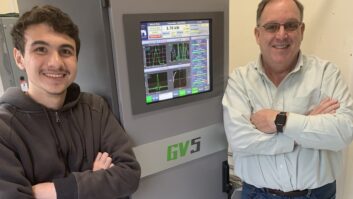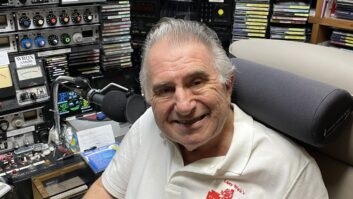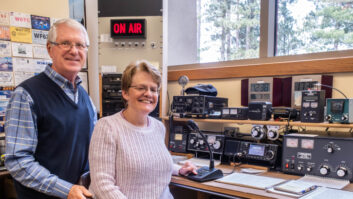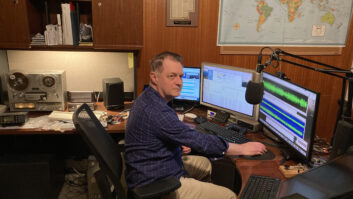Edward (Ted) Schober, PE, is a consulting engineer at Radiotechniques Engineering in Haddon Heights, N.J.
Nine years ago I was awarded three construction permits for FM translators out of the several dozen applications I filed in the New Jersey area. I quickly constructed one of them, but two were subject to a number of Petitions to Deny filed by full-power FM broadcasters who did not like FM translators and apparently felt that they would cause interference to their stations.
One of the construction permits was rescinded for “lack of site availability” and I did not contest that decision because I had discovered that I would need to spend over $100,000 for tower strengthening before installing the translator antenna. The remaining one was subject to “tolling” for the last nine years because the petitions were not resolved.
The FCC recently rescinded the remaining FM translator construction permit because there was no “assurance of site availability.” In researching whether it would be worth asking for reconsideration, I went back to the original auction proceeding and found, to my surprise, that the FCC staff had been enforcing requirements on applicants which the full commission had specifically abandoned — saying it “would waste the resources of the commission and of the parties and would serve only to delay service to the public.”
Although the FCC staff took the checkbox off the form, the instructions for Form 301 and 349 (construction permit applications) implied that the requirements were still in place. Clearly, the commission had been wasting its and my resources adjudicating this issue, and delaying my ability to build the FM translator for almost nine years.
For my full Application for Review see:
https://licensing.fcc.gov/cdbs/CDBS_Attachment/getattachment.jsp?appn=101553700&qnum=5000©num=1&exhcnum=1
Although problems for an FM translator applicant brought on by misinterpretation of the commission’s auction order might bring glee in some circles, this is a much larger problem because it affects full-power AM and FM station auction applications as well. There may have been dozens of cases argued on this non-issue, such as the cases of Able Radio Corp. in Tonopah, Ariz., and Christopher Falletti at Phillipsburg, Kan.
The site availability issue is not the only issue that was covered in the order. Financial qualifications were also removed from the auction application processing table. In spite of the commission’s clear language, instructions for the forms insist that financial qualifications of applicants remain an issue. People who don’t like an application have filed petitions against applicants using these non-regulations, hoping that their victims’ legal costs will cause them to give up.
When the Federal Communications Commission actually deregulates something, it should actually be deregulated instead of becoming a shadow requirement.
I am a little upset about spending nine years waiting to build my translator. To discover, at this late date, that the “regulation” that has stymied me is nonexistent is exasperating. I should have researched this earlier instead of responding to the FCC staff and my adversaries’ attorneys assertions about timing, when and if my application could be amended, etc. We should not have even been discussing this!
RW welcomes other points of view. Comment below or email [email protected].












